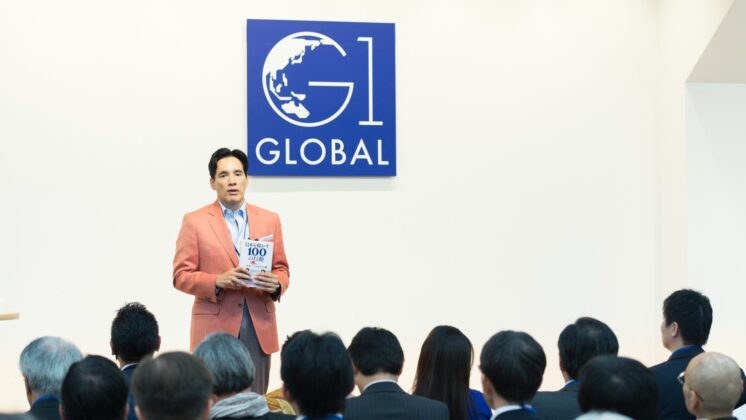Okinawa, which comprises 113 islands and is home to 1.4 million people, is a paradise that attracts large numbers of visitors. It is blessed with an outstandingly beautiful natural environment, and is one of Japan’s most important assets, geopolitically, economically, and in terms of national security. The government has spent a budget of over 300 billion yen each year on developing Okinawa, but such spending has been a failure. A vision for nurturing a global “three-million-person prefecture” filled with people, things, and information should be drawn up based on a bold and aggressive strategy.
1. Deliver growth through a bold, easy-to-understand policy for favoring Okinawa that is based on zero corporate taxes and zero consumption tax.
Okinawa has a relatively long history as a special zone, having been designated as one during the 1990s. However, it is a stretch to say that people, things, and money are currently accumulating in Okinawa. The prefecture needs to be turned into a more audacious special zone. To that end, we propose a bold, easy-to-understand policy for luring investment, people, etc. to Okinawa, i.e. one that is based on “zero corporate taxes and zero consumption tax.” At present, revenue in Okinawa from the national government’s corporation tax is merely 41.5 billion yen, and that from the national government’s consumption tax is just 40.9 billion yen. Given that a budget of over 300 billion yen each year is being used to develop Okinawa, if profligate investment in public facilities is stopped, the money saved could be used to fund the abolition of corporate taxes and consumption taxes there.
2. Make Okinawa an East Asian hub into which people, things, and information are free to enter
Regarding the inflow of people, the number of tourists visiting Okinawa each year now exceeds 6.5 million, its highest figure ever. And the potential is even greater. As for the inflow of things, companies such as Toshiba and Okinawa Yamato Transport have made Okinawa their logistical hub for cargo distribution in Asia. As a result, the prefecture’s profile has increased. Even in the world of information, the laying of an international underground cable is going to make Okinawa a hub for the IT industry. Positioning the prefecture as an audacious special zone, it will be crucial to create a virtuous cycle by establishing Okinawa as a hub filled with people, things, and information, which then attracts money and investment, which in turn results in the accumulation of knowledge and knowhow.
3. Make the concept of a maglev railway line that bisects the prefecture, which has hitherto been nothing more than a fantasy, a reality
Okinawa is the only prefecture in Japan with no JR railways. In the past, concepts for an Okinawan railway system had been explored, only to end up in the wastepaper basket. It wasn’t until this century that the Okinawa City Monorail began operating in urban areas. Okinawa, which is home to a vast U.S. military base, has suffered from an inferior public transportation infrastructure, so the economic impact of a railway will be large. If by relaxing regulations prescribed by the Railway Business Act, the cost of construction can be kept down, the building of a railway under a concession agreement would not be fantasy. It would be feasible. Rather than directing the annual 300-billion-yen Okinawa development budget into opaque forms of consumption/investment such as public facilities, how about the concept of an Okinawa Longitudinal Maglev Railway? It would be symbolic, employing the very latest in technology, and have a huge positive impact on tourism.
4. Make the site of the former Futenma base an IR special zone and turn it into an Okinawa casino park
The Futenma base, which is located right in the middle of an urban area, is obviously dangerous, and it must be relocated to Henoko as soon as possible. Then, the Futenma base must be put to use to invigorate the Okinawan economy. If the site were turned into an integrated resort (IR) featuring casinos and a massive theme park, the economic impact would be huge. Asia’s rapidly burgeoning wealthy classes are flocking to IRs in Macao, Singapore, and Vietnam, and this is causing tourism demand in these places to skyrocket. Designating Okinawa as an IR special zone would be an effective means of enabling the prefecture to grab a slice of that demand.
It is necessary to invest generously in Okinawa, one of the treasures of Japan, raise the quality of Okinawa’s economy, technology, culture, and education, and nurture it into a global “three-million-person prefecture” filled with people, things, and information. To that end, an easy-to-understand vision that is both exciting and daring is essential.



